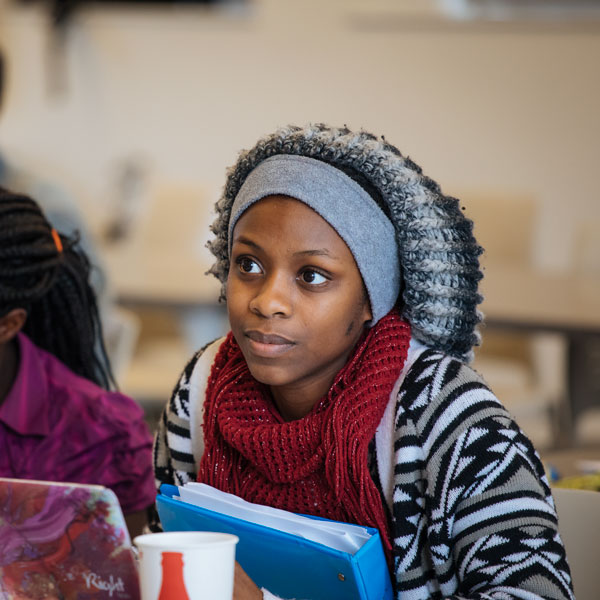This website uses cookies. Find out more in our Privacy Policy.
Learn about other times and places through documents, objects, pictures and sounds that generations have left behind.
The central purpose of the history curriculum at Agnes Scott is to give students who come from a variety of cultural traditions an understanding of the development of values, institutions, and social structures during short and long periods of time.
By offering courses on different regions of the world and on different eras in history, and by emphasizing diversity within cultures, history courses seek to deepen each student’s understanding of human experience in its multiple facets. By challenging students to learn about people who are different, history teaches open-mindedness and respect for differences. The study of history provides a perspective from which to assess events of the present and prospects for the future.

As you investigate and analyze history, you'll strengthen your skills as a reader, writer, speaker, critical thinker and researcher. You'll learn:
History students are required to read widely, to think critically and to strengthen their skills in research, writing and speaking. They learn to organize and analyze textual, visual, and oral sources while honing their ability both to tell a story and to develop an argument. History provides a framework and a context for insights from other disciplines and in this sense is one of the foundation disciplines of a liberal education, supplying coherence and continuity to information that might otherwise be fragmented and disjointed.
The History faculty bring an international perspective to their work and have led student trips to such destinations as Ghana, Germany, Poland, Gambia, France and Switzerland. In addition, History majors often study abroad at foreign universities. In recent years, our students have enrolled in programs in China, Sweden, Italy, Japan, New Zealand, France, Malta, Turkey, Belgium, Romania, Morocco, Thailand and Great Britain.
Agnes Scott history students also have ample opportunities to pursue mentored research and experiential learning. Resources in Atlanta enable history majors to undertake research in archives and specialized collections and to participate in internships in historic preservation, museums, libraries, business, government agencies and nonprofit organizations. As part of the History major, each senior will produce a work of original scholarship on a topic of their own choosing.
The skills students learn in history—writing, analytical thinking, speaking, research—prepare them for success in numerous fields.
History majors pursue careers in an almost infinite variety of fields. History is an especially desirable background for further study in law, library science, journalism and public affairs. More directly associated with the discipline are careers in teaching, museum work, historic preservation and information technology, but many majors also pursue careers in business or social services.